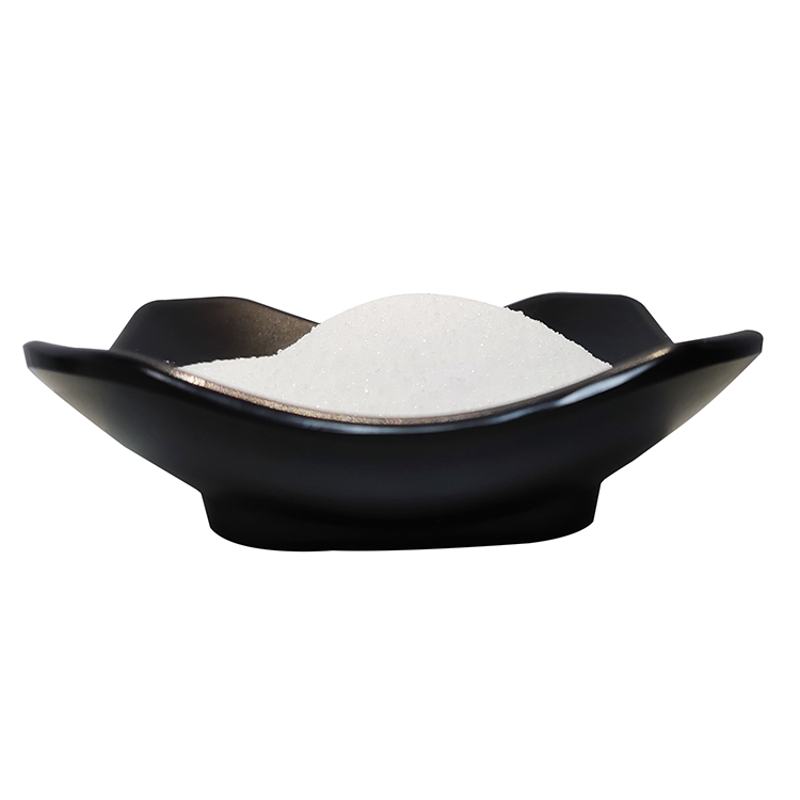-
Categories
-
Pharmaceutical Intermediates
-
Active Pharmaceutical Ingredients
-
Food Additives
- Industrial Coatings
- Agrochemicals
- Dyes and Pigments
- Surfactant
- Flavors and Fragrances
- Chemical Reagents
- Catalyst and Auxiliary
- Natural Products
- Inorganic Chemistry
-
Organic Chemistry
-
Biochemical Engineering
- Analytical Chemistry
-
Cosmetic Ingredient
- Water Treatment Chemical
-
Pharmaceutical Intermediates
Promotion
ECHEMI Mall
Wholesale
Weekly Price
Exhibition
News
-
Trade Service
After the "May Day", the weather gradually became hot, and the topic of "shelf life" caused heated discussions among the public
What are the reasons for food spoilage
There are two most common causes of food spoilage, one is microbial activity, and the other is fat oxidation
To inhibit microbial reproduction, the easiest way is to reduce the water required for microbial activity, such as reducing the water activity in the food, or adding a lot of sugar and salt to the food
Experts said that taking instant noodles as an example, the water activity in instant noodles is low, and microorganisms cannot proliferate in large quantities
Natural fats undergo oxidation reactions automatically under aerobic conditions
Oxidatively spoiled food not only tastes bad, but also contains many substances that are easy to generate free radicals, as well as toxic and harmful oxidative decomposition products
Instant noodles, cookies, potato chips, rice crackers, peanuts, melon seeds, cooking oil, sesame sauce.
Unfortunately, fat auto-oxidation is a difficult problem to solve completely
Can it be eaten after the expiration date?
Experts said that the shelf life does not mean that it can only be eaten within the specified time range, but "the quality assurance period of the product under normal conditions", that is, during the shelf life, the best taste and quality of the food can be guaranteed, so consumers are advised to use it during the shelf life.
Staple food The staple food can be divided into two categories according to the water content: bread and steamed bread with more moisture; biscuits with less moisture
Canned food Canned food is sealed and packaged, and the shelf life is generally longer, and some are more than 2 years
Dairy products According to different processes and packaging, the shelf life of dairy products ranges from 48 hours to 7 days
Meat products If they are vacuum-packed meat products, the shelf life can be up to 3 years.
Edible salt The chemical properties of sodium chloride in table salt are very stable, and generally will not deteriorate after long-term storage
Honey Honey contains less water and high sugar content, and most microorganisms cannot reproduce
Rice Under normal conditions, rice will not go mouldy after being stored for a long time
Experts say that there are some foods that are not suitable for the refrigerator, otherwise they will accelerate the deterioration
.
These foods are as follows:
Potatoes and sweet potatoes are rich in starch, and low temperature will decompose the starch in potatoes, affecting the taste; and the refrigerator has a refrigeration function, and the environment is humid, which is easy to accelerate the germination of potatoes, and the content of solanine in the germinated potatoes will increase.
, After eating, it may cause poisoning, nausea, vomiting, abdominal pain, diarrhea and other symptoms
.
Although the temperature of garlic and onion in the refrigerator is low, the humidity is also high.
Garlic and onion are prone to mildew and deterioration in a humid environment.
Moreover, these two types of food have a strong smell.
If they are cut and placed in the refrigerator, other food will be stained Taste the garlic and onion
.
Coffee, tea, tea, coffee and other dried products, after drying, the water activity is extremely low, and microorganisms cannot reproduce
.
In addition, after the expiration date of refrigerated food and fried food, it is easy to have safety hazards such as excessive microorganisms, excessive heavy metals, and excessive peroxide value, and should not be eaten
.
(Editor Li Chuang)







